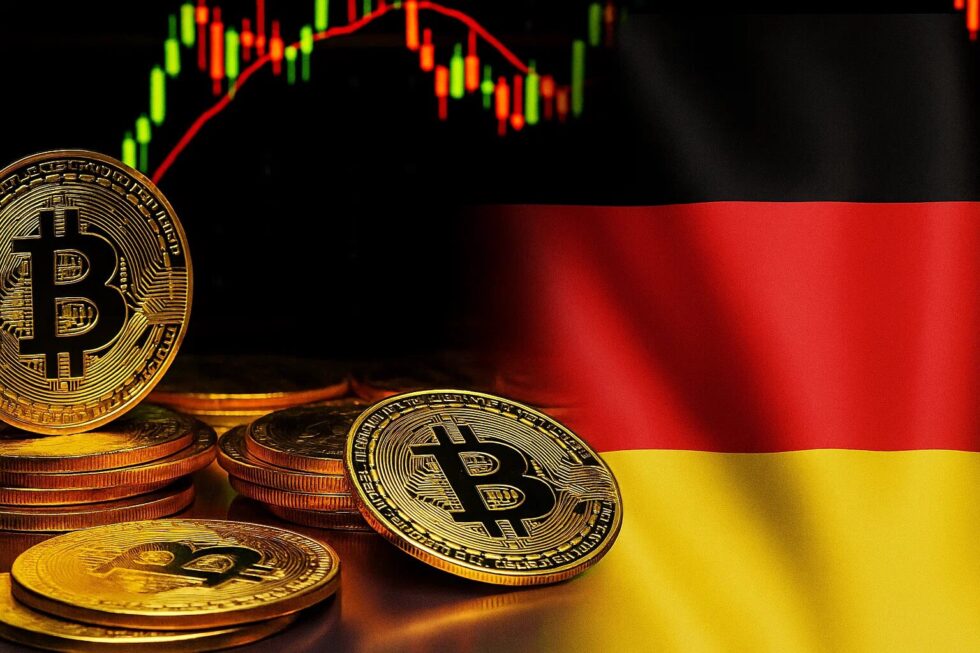What is the future of cryptocurrencies in Germany — what changes to expect

Cryptocurrencies in Germany are entering a new phase as regulation, banking integration, and the upcoming digital euro reshape the market. Germany is already one of the leaders in Europe in terms of adoption, but regulators and financial institutions are working to bring more transparency and stability. This will impact investors, companies, and ordinary users, as crypto becomes part of mainstream finance. The next few years promise both opportunities and new restrictions. To prepare, it is worth analyzing the key directions of change, as highlighted by G.business.
Regulation of the crypto market
In the coming years, Germany will strengthen supervision of crypto assets. The EU’s MiCA (Markets in Crypto-Assets) regulation, entering into force in 2024–2025, will create a harmonized framework for exchanges, stablecoins, and tokenized assets. Investors will benefit from greater legal protection, while platforms will face stricter compliance. This may reduce unlicensed exchanges operating in Germany, but increase trust in regulated ones.
Key regulatory changes:
- EU-wide licensing for exchanges.
- Stronger oversight of stablecoins.
- Investor risk disclosure requirements.
- Reserve obligations for token issuers.
- Higher penalties for non-compliance.
Banks and institutional involvement
German banks are gradually integrating cryptocurrencies. Deutsche Bank is developing custody services for Bitcoin and Ethereum, while Sparkasse and Volksbank are testing crypto accounts for retail customers. These initiatives show that digital assets will no longer be a niche, but part of traditional banking. In the next decade, banks will likely offer loans backed by crypto and investment funds based on tokenized assets.
Bank initiatives in Germany:
- Custody services for crypto assets.
- Token-based investment products.
- Crypto-backed lending.
- Crypto payments within online banking.
- Support for digital euro transactions.
The digital euro and its impact
The European Central Bank and Bundesbank are working on a digital euro (CBDC), with introduction expected around 2026–2027. It will not replace cash, but serve as its digital alternative. The digital euro will speed up payments, reduce costs for businesses, and bring more legitimacy to digital transactions. However, it will compete with private stablecoins, potentially reshaping their role in the market.
Expected outcomes of the digital euro:
- Faster, cheaper cross-border payments.
- Reduced transaction fees for companies.
- Wider acceptance of digital payments.
- Competition with private stablecoins.
- More debate about privacy and data use.
Public adoption and trends
According to Bitkom, more than 30% of Germans under 35 have invested in cryptocurrencies. In Berlin, Munich, and Hamburg, more restaurants and shops accept Bitcoin and Ethereum. Younger generations are driving adoption, while older groups remain cautious. Integration into mobile banking apps and tax reporting tools will further expand usage. At the same time, NFTs and tokenized assets will grow in popularity among artists and startups.
Adoption trends in Germany:
- Rising number of young investors.
- Expansion of crypto payments in retail.
- NFT popularity in the art sector.
- Integration into mobile banking apps.
- Increased focus on tax reporting.
Taxation and rules for investors
Germany currently treats crypto as private property, meaning profits are taxable if sold within a year of purchase. Profits from assets held longer than 12 months are tax-free. In the future, new tax rules may be introduced for active traders. This will require stricter record-keeping, but also make taxation more predictable.
Current tax rules:
- Profits up to €600 annually — tax-free.
- Gains after 12 months — tax-exempt.
- Short-term trading — subject to income tax.
- Company crypto profits — corporate tax.
- Obligation to declare crypto income.
The future of exchanges in Germany
BaFin, Germany’s financial regulator, is already tightening requirements for crypto exchanges. Under MiCA, all exchanges will need EU licensing. This will encourage new local players to enter the market, but may also push offshore exchanges out of Germany. Investors will benefit from greater transparency, but must adapt to stricter onboarding and reporting rules.
Expected changes for exchanges:
- Mandatory EU licensing.
- Stronger AML/KYC procedures.
- BaFin reporting obligations.
- Higher client trust in regulated platforms.
- Decline of unlicensed offshore exchanges.
Golden rules for investors
Crypto in Germany will remain attractive, but regulation and taxation will become stricter. Investors who diversify storage, use licensed platforms, and keep accurate tax records will be best prepared. Long-term strategies will matter more than short-term speculation.

Golden rules:
- Keep 70% of assets in cold wallets.
- Use licensed German exchanges for 20%.
- Keep 10% on DEX for flexibility.
- Track all trades for tax reporting.
- Follow BaFin and EU updates.
The future of cryptocurrencies in Germany will largely depend on how innovation is balanced with regulatory frameworks. Growing public interest in digital assets and the increasing role of central banks indicate that the crypto market is unlikely to disappear but rather evolve toward more mature and secure solutions. Germany, like other EU countries, will need to align blockchain development with legal requirements, creating both challenges and opportunities for investors and businesses.
Latest events in politics and global economy at Cryptonews – practical tips on how to act and invest. Read: Why can crypto exchanges block your funds — and how to avoid losses
Photo: BusinessLIVE
